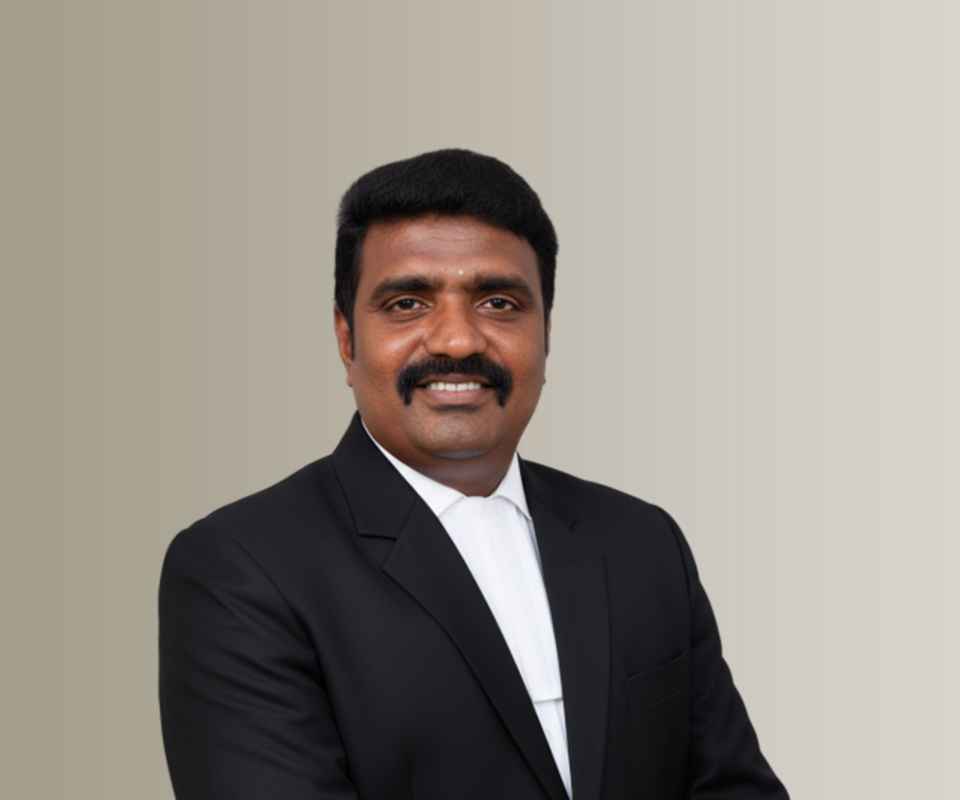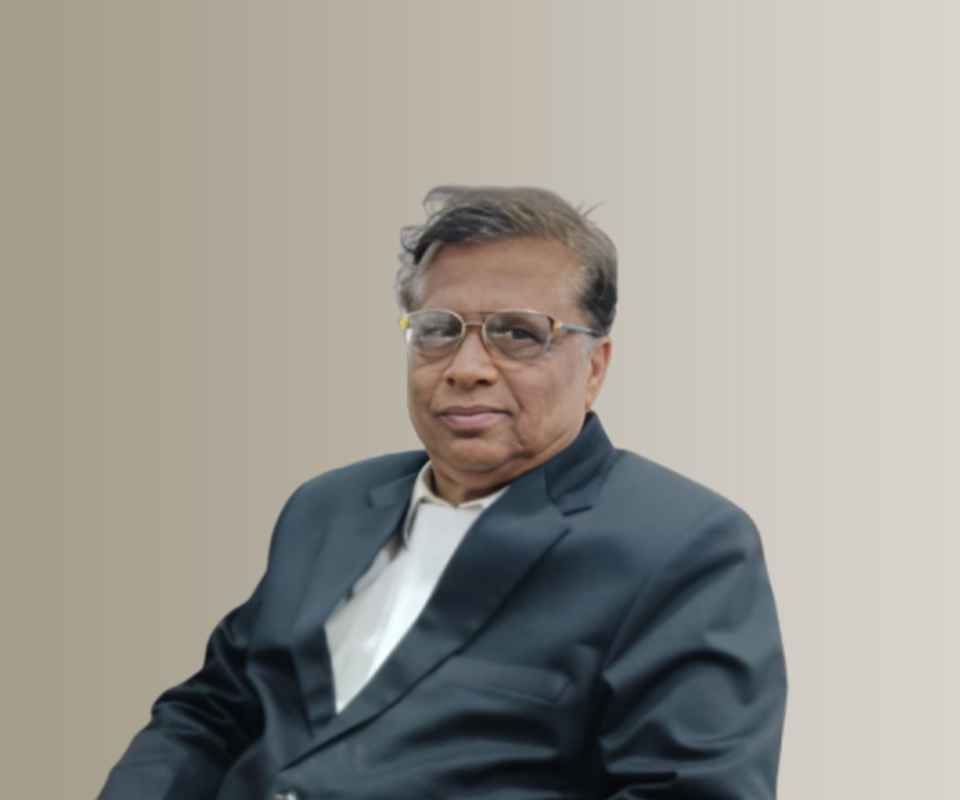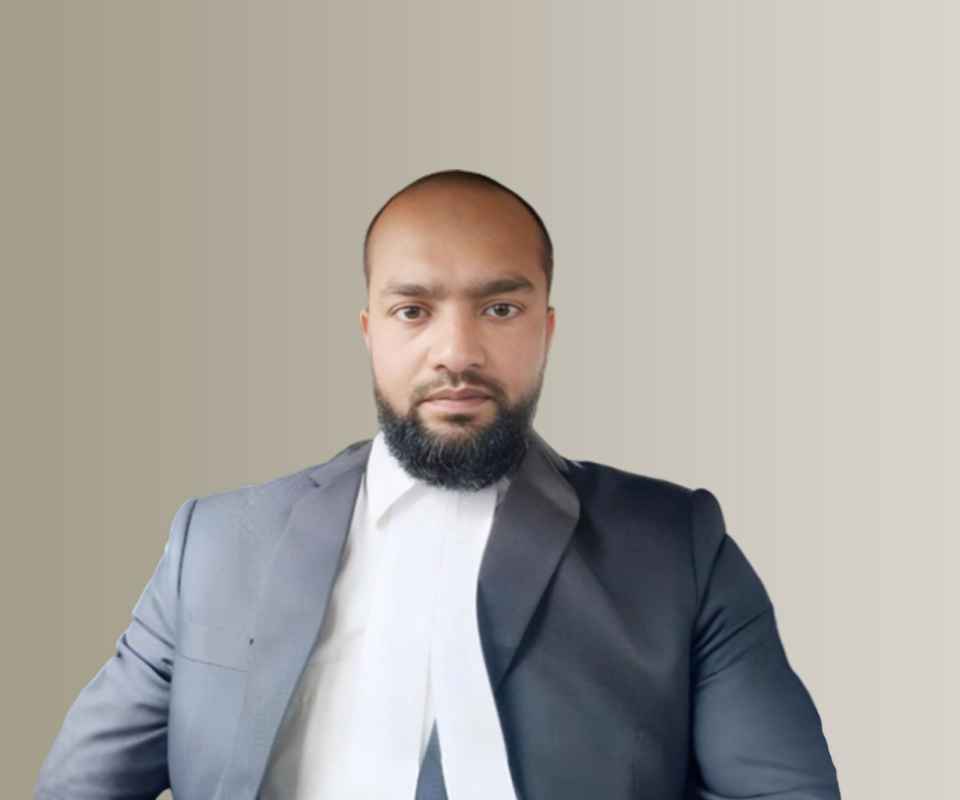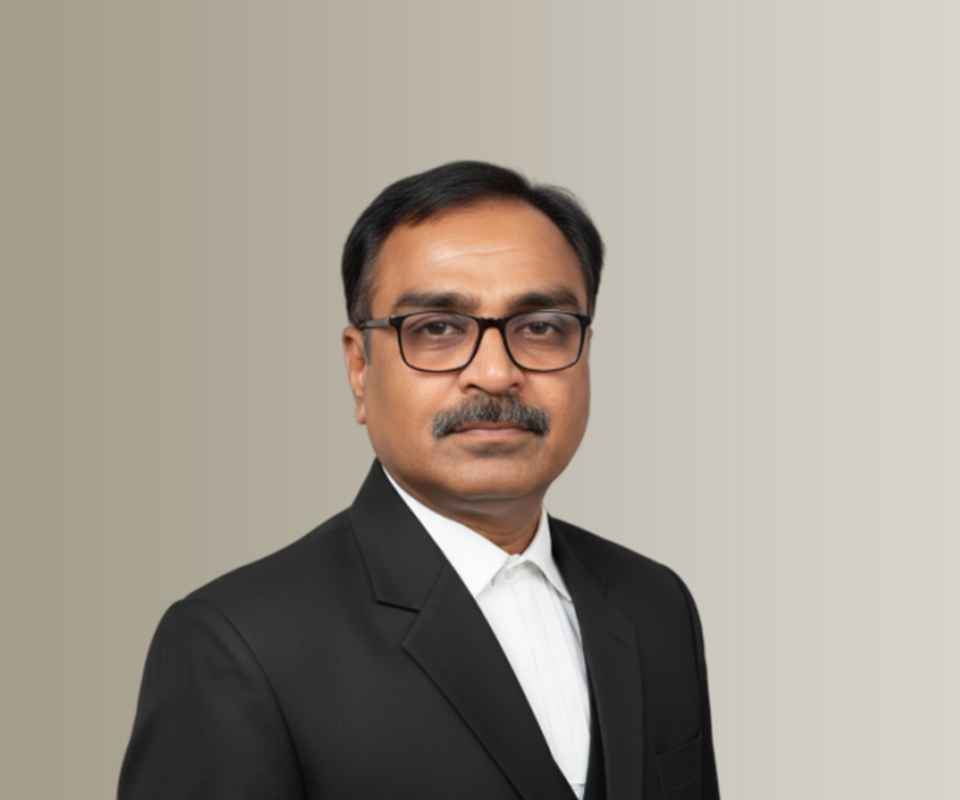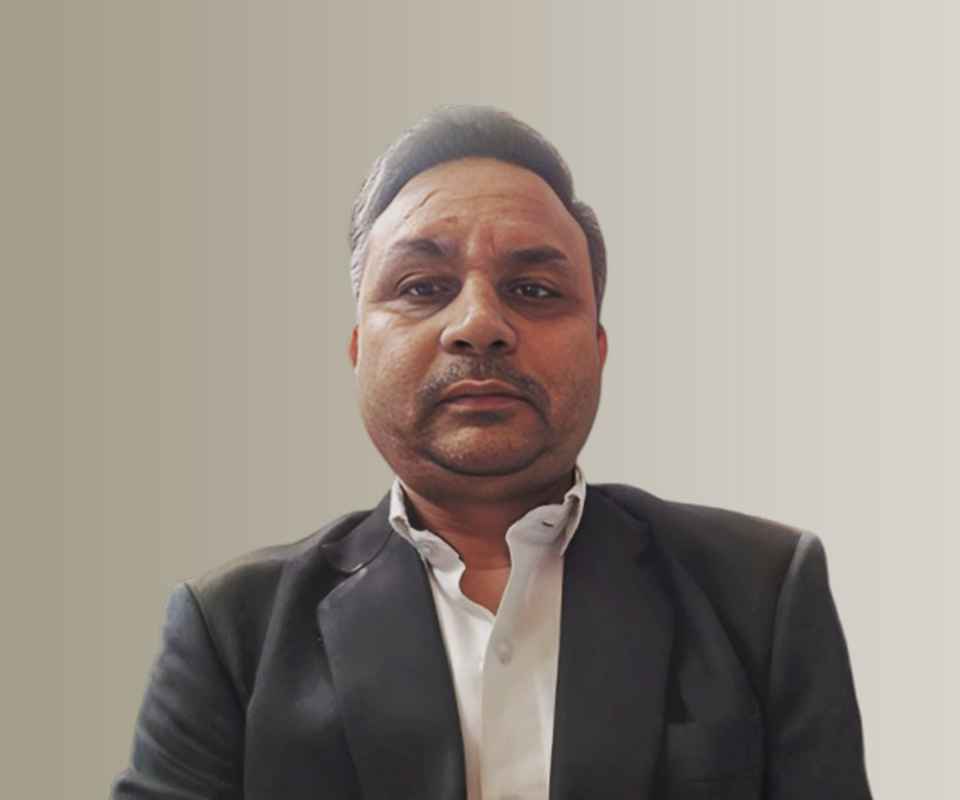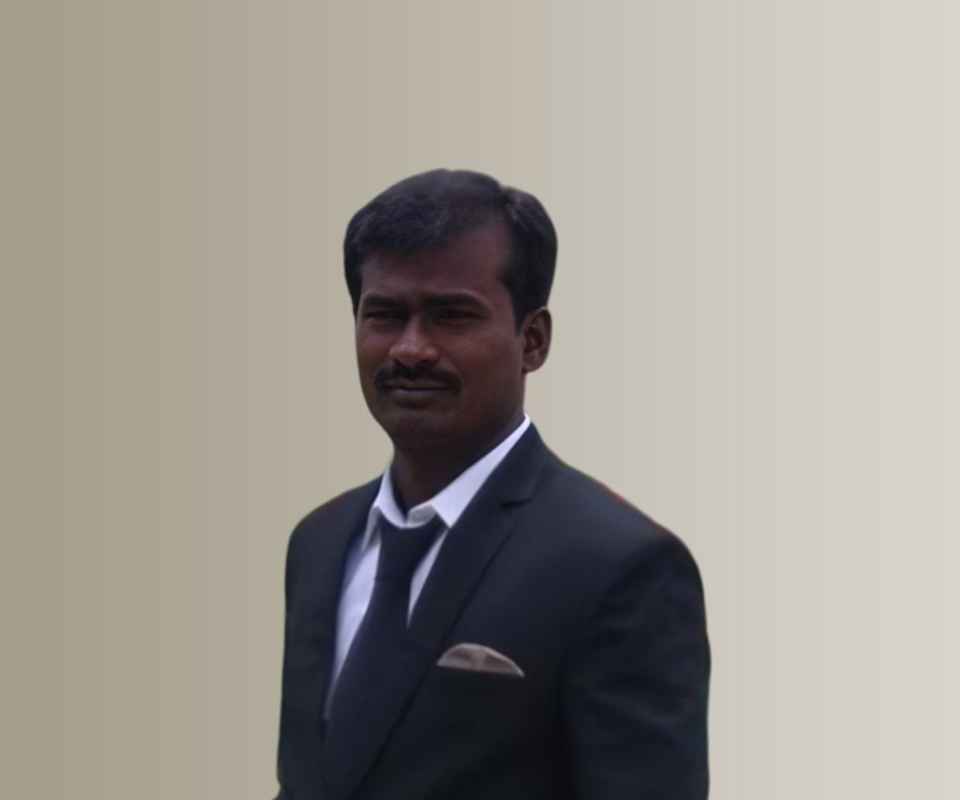Answer By law4u team
Constitution Of India Article 53: Executive Power of the Union
(1) The executive power of the Union shall be vested in the President and shall be exercised by him either directly or through officers subordinate to him in accordance with this Constitution.
(2) Without prejudice to the generality of the foregoing provision, the supreme command of the Defence Forces of the Union shall be vested in the President and the exercise thereof shall be regulated by law.
(3) Nothing in this article shall—
- (a) be deemed to transfer to the President any functions conferred by any existing law on the Government of any State or other authority; or
- (b) prevent Parliament from conferring by law functions on authorities other than the President.
Brief Detail
Article 53 vests the executive powers of the Union in the President of India, enabling him to exercise these powers directly or through subordinate officers. It also delineates the scope of the President’s command over the Defence Forces and maintains a balance with state governments and other authorities.
Question & Answers
What is established by Article 53?
Article 53 establishes that the executive power of the Union is vested in the President, who exercises these powers either directly or through officers subordinate to him.
What role does the President have over Defence Forces?
The President holds the supreme command of the Defence Forces of the Union, with the exercise regulated by law.
Example
The appointment of the Prime Minister and other ministers by the President reflects the implementation of executive powers vested in the President under Article 53.
Summary
Article 53 confers the executive powers of the Union on the President, highlighting his role as the constitutional head and supreme commander of the Defence Forces, while ensuring a separation of powers and balance with state authorities.
